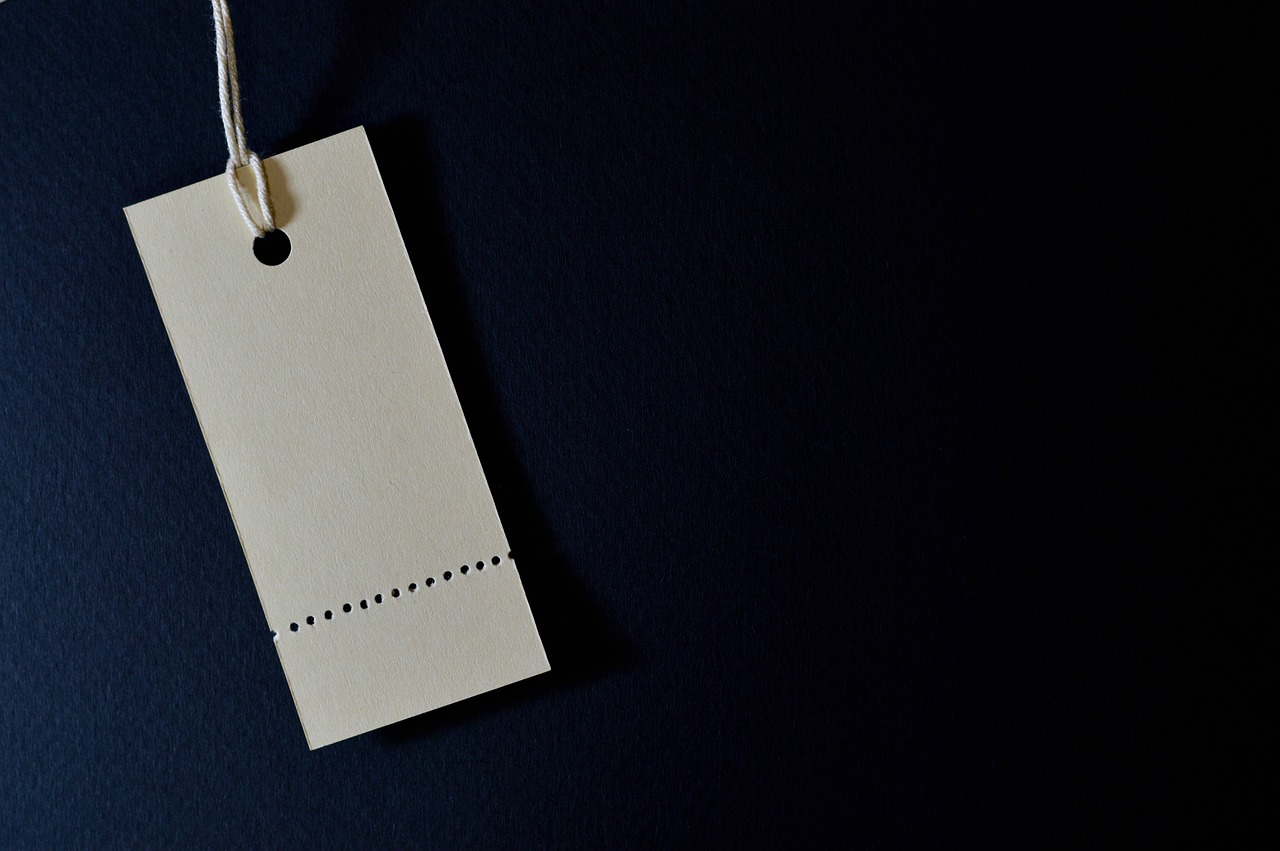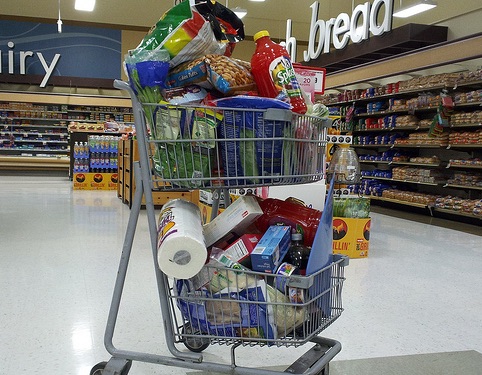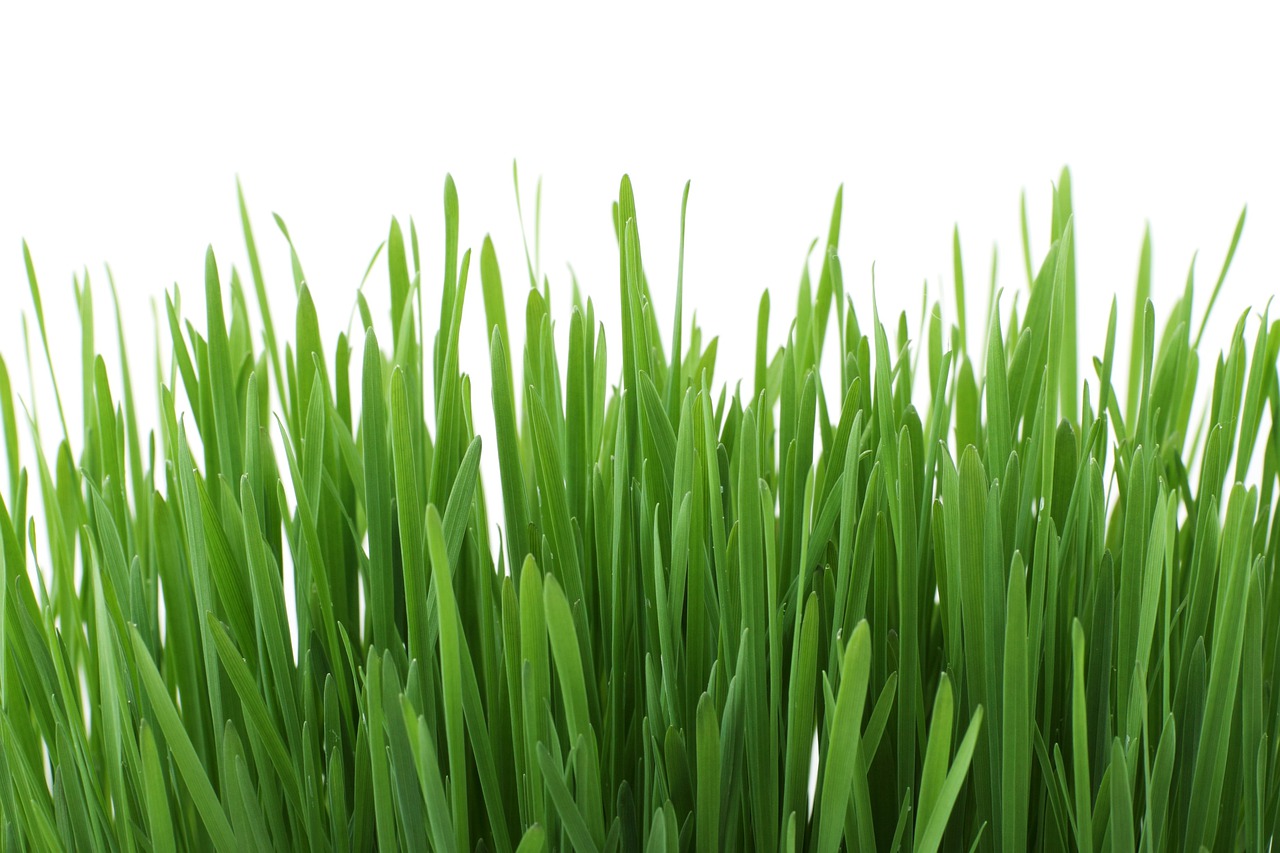Seeing the U.S. News 2022 ranking of the world’s best countries, we can combine skepticism with the insight conveyed by people’s perceptions.
Behavioral Economics
The intersection of psychology and economics, behavioral economics looks at human tendencies that involve biology and culture when predicting and explaining economic decision-making.
How We Should (Not) Respond to Stock Market Losses
As we experience the pain of stock market losses, making it even worse, behavioral economists tell us we will sell at the wrong time.
How Price “Gouging” Can Help Us
Although price gouging harms countless people after a disaster, its upside is the incentive to increase supply.
Why LEGO and Yeti Are Similar
Even from the best ideas, like what container ships did for our transportation infrastructure, we can have unintended consequences.
Why Your Name Matters
With baby names, parents could have based a decision on popularity, politics, or the profession they hope their little one will aspire to.
When Winning the Lottery is Likely
Looking at 18th century France and 2022, we can see how winning the lottery is not necessarily a low probability event.
Two More Ways That Stores Boost What We Buy
More than the list we could take to the mall, we are influenced by the shopping nudges that stores use to boost our buying.
What a Traffic Light Can Surprisingly Signal
Called laissez-faire, Adam Smith’s prescription for less government in the economy relates to an island with no traffic lights.
What Lawn History Says About Status
Throughout history, in the United States and around the world, lawn history shows us why we want greener grass.









